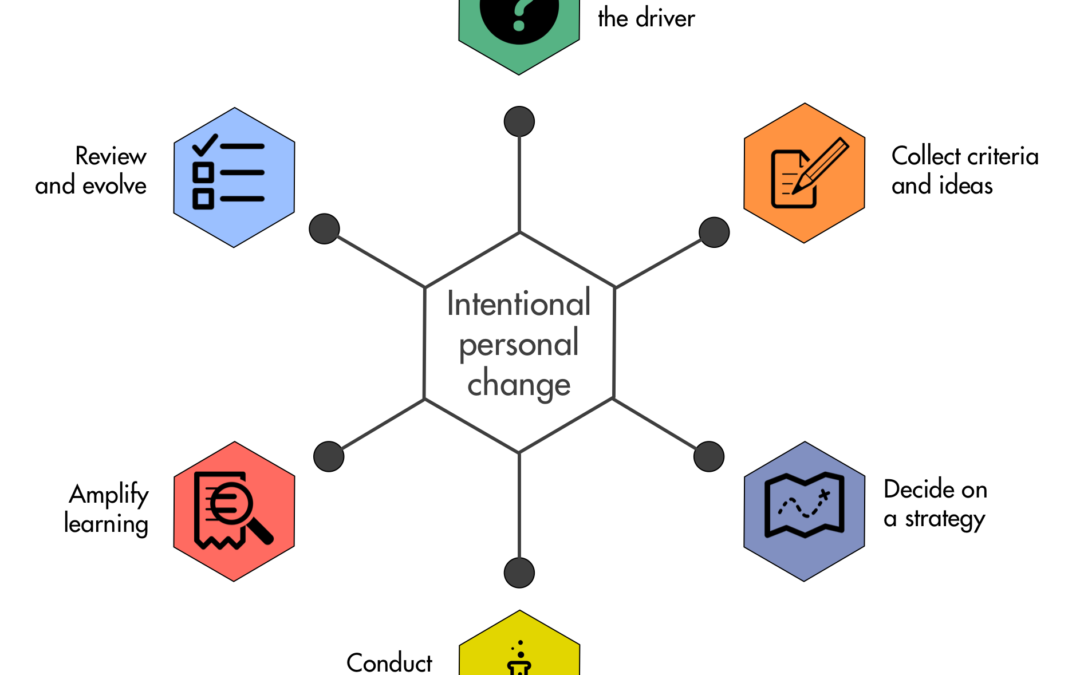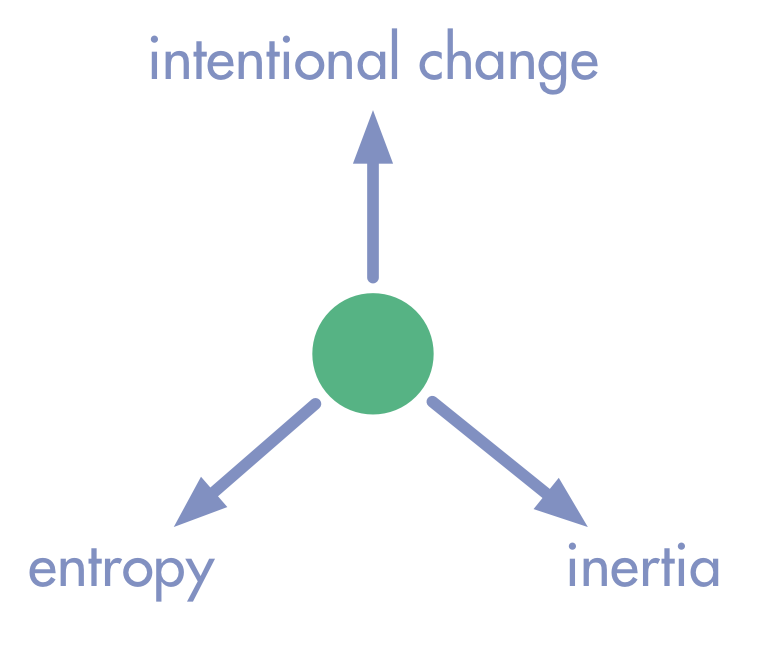
S3 for One – Applying Sociocracy 3.0 for Intentional Personal Change (eBook)
download pdf download ePub visit s3-for-one.com
Over the past months, I have been experimenting with applying Sociocracy 3.0 (a.k.a. ’S3′) as a framework for personal development and as a method for guiding and documenting one-on-one coaching sessions. The result is an eBook called “S3 for One”, with a dedicated website at http://s3-for-one.com.
Do you want to improve your communication skills, develop a healthier lifestyle, read more, love more, learn a new language, or get a new job? S3 for One provides you with a structured process to navigate intentional change in your life, be it just a small habit, a big change, a tricky decision or even the discovery of what you want to do with your life.
S3 for One is an adaptive process, it allows you to go as fast or as slow as you want (or can). It facilitates understanding about yourself and the situation you’re in, and helps you translate this learning into intentional and incremental change. The underlying idea is simple: you assess your situation and your needs (your driver), identify possible strategies and decide which one looks most promising, and then you create a series of small experiments to discover whether or not you can successfully implement your strategy. Each experiment will reveal new information about yourself, your situation, and your strategy, so you can easily adapt and evolve your approach. (more…)

